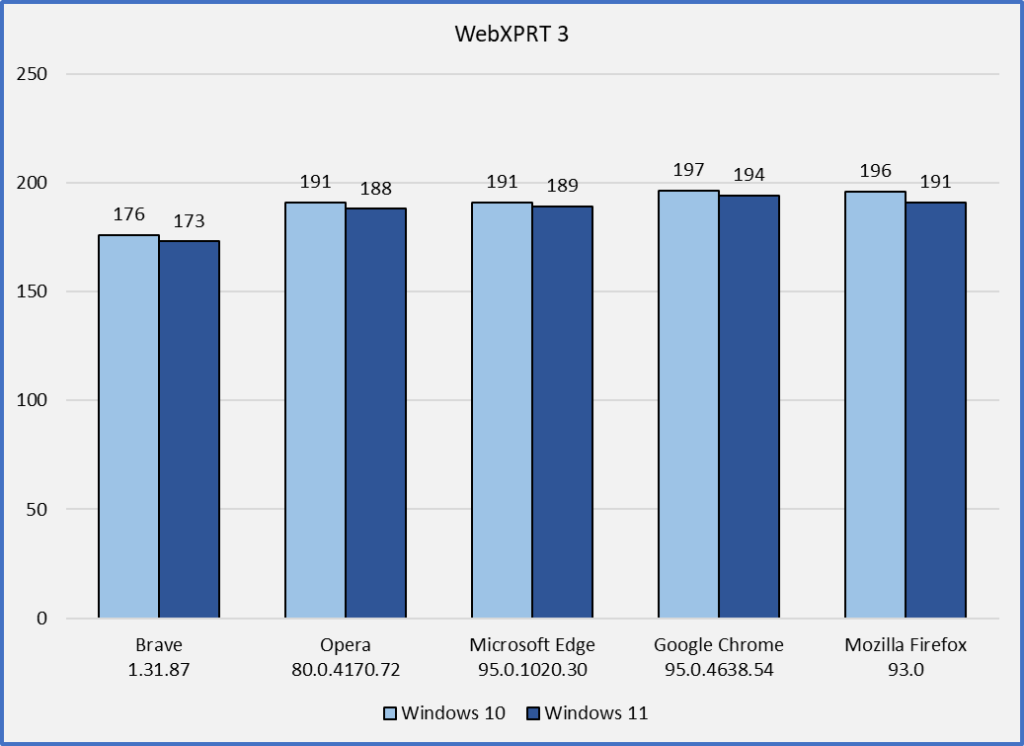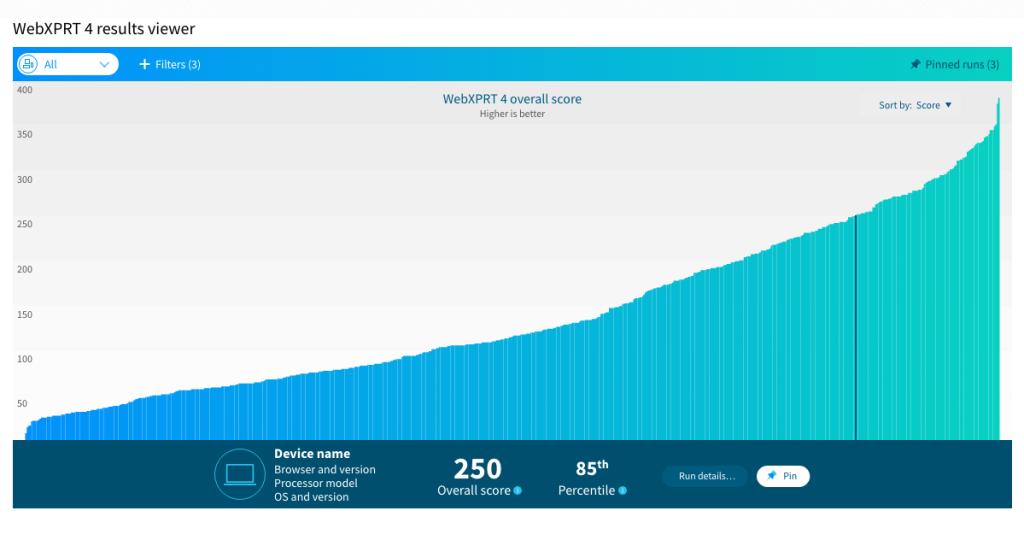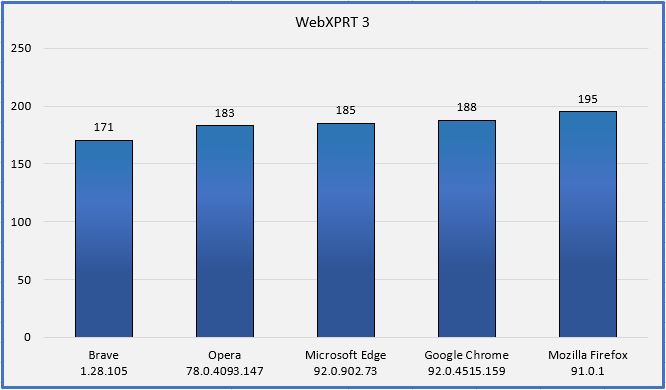The holiday season is fast approaching, and with widespread product shortages and supply chain interruptions in the tech industry, it’s wise to start your holiday shopping now. If you’re considering phones, tablets, Chromebooks, or laptops as gifts, but are unsure where to get reliable information about the devices, the XPRTs can help!
One of the core functions of the XPRTs is to cut through the marketing noise by providing objective, reliable measures of a device’s performance. For example, instead of trying to guess whether a new Chromebook is fast enough to handle the demands of remote learning, you can use its CrXPRT and WebXPRT performance scores to see how it stacks up against the competition on everyday tasks.
A good place to start looking for device scores is our XPRT results browser, which lets you access our database of more than 2,800 test results from over 110 sources, including major tech review publications around the world, OEMs, and independent testers. You can find a wealth of current and historical performance data across all the XPRT benchmarks and hundreds of devices. Learn how to use the results browser here.
If you’re considering a popular device, chances are good that a recent tech review includes an XPRT score for that device. You can find these reviews by going to your favorite tech review site and searching for “XPRT,” or entering the name of the device and the appropriate XPRT (e.g., “Apple iPad” and “WebXPRT”) in a search engine. Here are a few recent tech reviews that use one or more of the XPRTs to evaluate popular devices:
- AnandTech used WebXPRT to evaluate the Microsoft Surface Laptop Studio.
- Notebookcheck used WebXPRT in reviews of the Apple MacBook Pro 14, the Apple iPhone 13 Pro Max, the HP Chromebook x2 11, and the Samsung Galaxy A52s 5G.
- PCMag used CrXPRT to evaluate the Lenovo IdeaPad Flex 5 Chromebook.
- ZDNet used CrXPRT in a Best Chromebook for students 2021: Top expert picks review.
The XPRTs can help consumers make better-informed and more confident tech purchases this holiday season, and we hope you’ll find the data you need on our site or in an XPRT-related tech review. If you have any questions about the XPRTs, XPRT scores, or the results database please feel free to ask!
Justin















